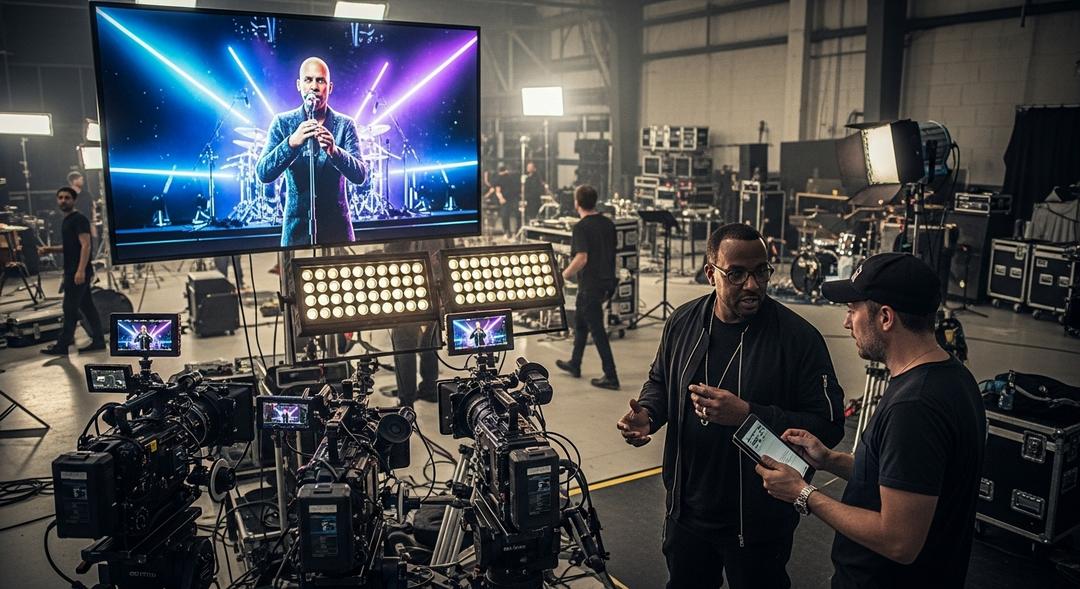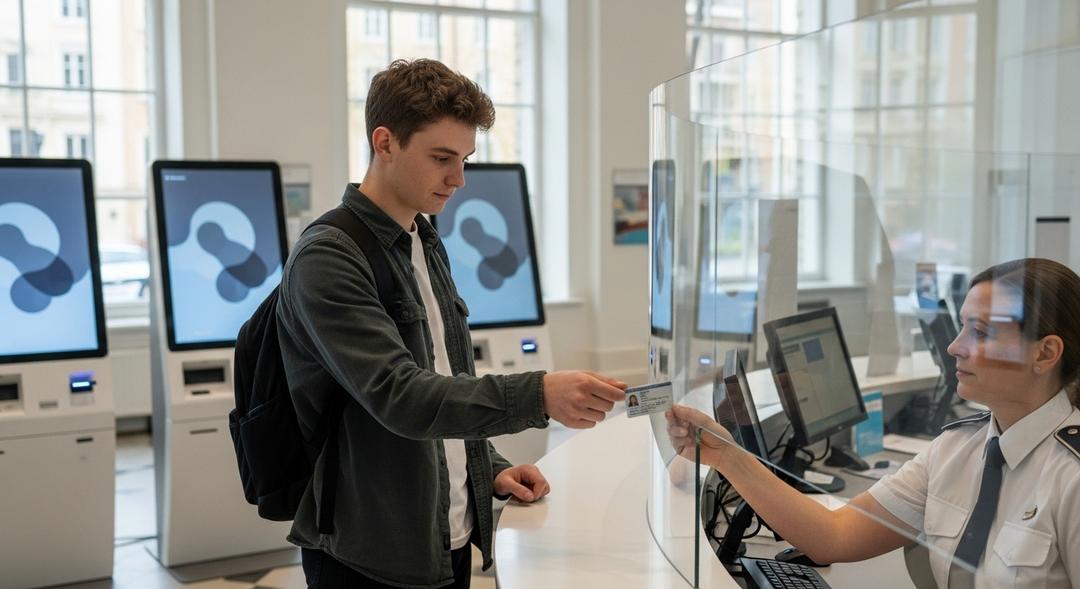A Spanish company just snatched up one of the largest funding rounds Europe has seen this year, and the secret to their windfall comes from shrinking huge AI brains.
Multiverse Computing revealed Thursday it secured a striking Series B funding to scale CompactifAI AI compression technology.
CompactifAI compresses the size of large language models by up to 95 percent, yet, according to the company, keeps them just as clever as the originals.
The firm delivers slimmed-down versions of popular open source models for customers who want AI that moves faster, costs less, and can run almost anywhere.
Clients can find versions of Llama 4 Scout, Llama 3.3 70B, Llama 3.1 8B, and Mistral Small 3.1 in Multiverse’s catalog, and there are more on the way including DeepSeek R1.
Anyone hoping to streamline OpenAI’s black-box models is out of luck here, though, as Multiverse focuses only on open blueprints.
These compact models appear in Amazon Web Services’ offering, or companies can license them to run privately where needed.
The Quantum Spark Behind Tiny AI Powerhouses
Multiverse claims its compact designs process information four to twelve times quicker than normal, translating into a near-instant savings of between half and eighty percent in operational costs.
To illustrate, a million tokens on AWS using Llama 4 Scout Slim is said to cost ten cents compared to the regular model’s fourteen cents.
These tiny models don’t just save money—they can actually fit into unexpected places like laptops, phones, vehicles, and even the playful Raspberry PI computers beloved by home tech tinkerers.
The roots of this breakthrough lie with the company’s technical lead Román Orús, a physics professor in San Sebastián whose work in so-called tensor networks imitates the power of quantum computation—only without needing actual quantum machines.
Tensor networks have now become crucial for making deep learning systems manageable even on humble hardware.
At the business helm sits Enrique Lizaso Olmos, who after a long run in banking and mathematics, united with Orús to create Multiverse’s vision.
Backers in this Series B round include Bullhound Capital, with a track record including Spotify and Discord, joined by names like HP Tech Ventures, Santander, and Toshiba among others.
The company says one hundred global customers use their models today, among them Bosch, the Bank of Canada, and Iberdrola.
Over its lifetime, Multiverse’s total funding has climbed near $250 million while amassing one hundred sixty patents along the way, rivaling some of the record-breaking AI adoption and investment trends seen elsewhere in the industry.








